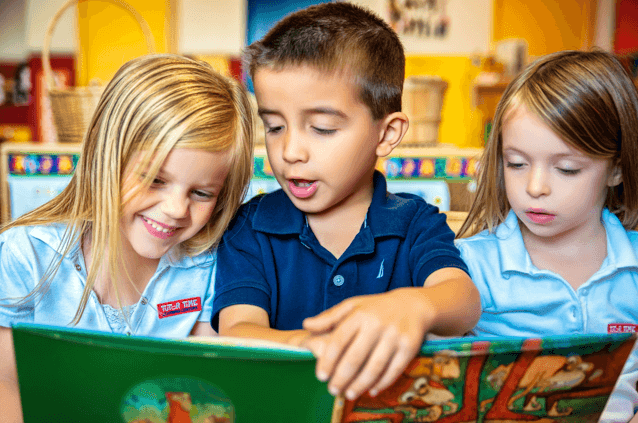When children are exposed to a mix of diverse narratives and worldviews, they better understand what it means to be a compassionate human being; they develop empathy. But how can we cultivate empathy in our children, and why is it important to do so?
In a world that can be so terrifically awful at times, empathy is key. Empathy is a foundation for many things: acting ethically, good relationships of many kinds, loving well, and professional success. But cultivating empathy in children is no easy task. One resource that presents excellent strategies for teaching children to empathize is Making Caring Common, a project of the Harvard University Graduate School of Education. In a brief paper on cultivating empathy in children, researchers identify five key practices:
- Empathize with your child and model empathy for others
- Make caring for others a priority and set high ethical expectations
- Provide opportunities for children to practice empathy
- Expand your child’s circle of concern
- Help children develop self-control and manage feelings effectively
So what’s a great way to allow children to practice empathy? Reading, of course! And not just reading, but having conversations about what you read. The theme of taking another’s perspective is present in so many great children’s books; it can be tough to find the right one.
Authors who have lived the experiences they write about are excellent resources! You can find lists upon lists of quality book titles recognizing diverse experiences at the We Need Diverse Books website. Books representing the experiences of LGBTQ, Native, people of color, gender diversity, people with disabilities, and ethnic, cultural, and religious minorities can all be found here. You can visit or contact your local public library for help selecting books.
To get you started, here are three picture books that represent diverse experiences:
Pancho Rabbit and the Coyote: A Migrant’s Tale (DB 78547) by Duncan Tonatiuh
After the crops went bad, Papa Rabbit and others traveled north to find work in the great carrot and lettuce fields. When Papa doesn’t return home as planned, Pancho Rabbit follows the stars to find him, mistakenly trusting a hungry coyote to help his search. Recommended for grades K-3. 2013.
The Journey (CL 10311) by Francesca Sanna
Explores the unimaginable decisions made as a family leave their home and everything they know to escape the turmoil and tragedy brought by war. Recommended for grades 2-4. 2016.
This Day in June (DB 85949) by Gayle Pitman
A rhyming Pride parade experience. Includes end matter to serve as a primer on LGBT history and culture and to explain references made in the story. Recommended for grades K-3. 2014.



